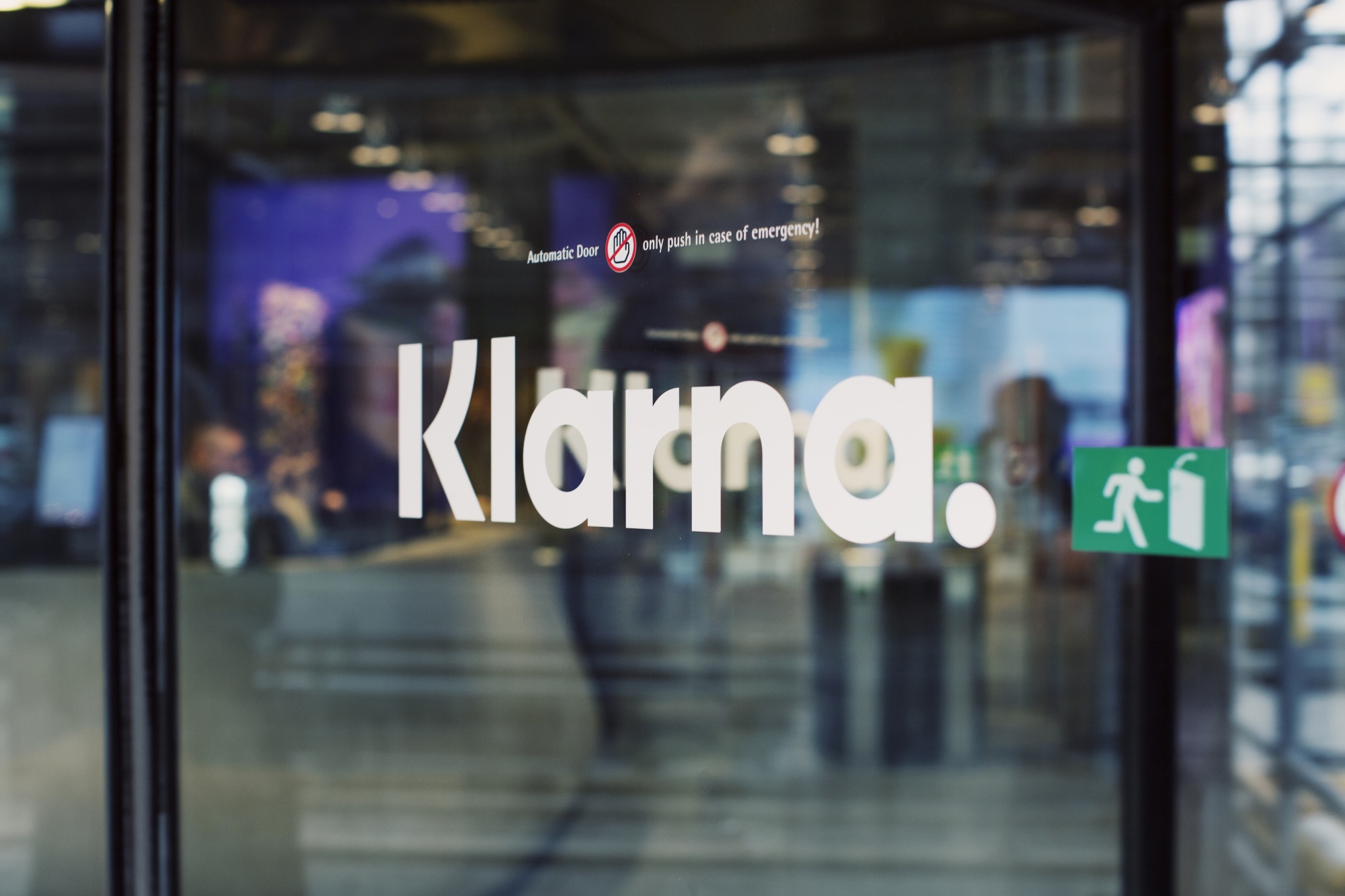
Por Contxto
March 6, 2024
However, co-founder Victor Jacobsson, although no longer with Klarna, is reportedly against privileging any individual with such shares, highlighting underlying tensions among founders and major investors.
A spokesperson for Siemiatkowski rebuffed the notion of specific individuals gaining special rights, highlighting a collective move towards eliminating existing privileges to favor a united shareholder front. This effort aligns with Klarna’s transition to a UK-based holding structure, communicated last November.
The contemplation of a dual-class share framework is not uncommon in tech, with firms like Meta Platforms adopting it to allow founders like Mark Zuckerberg to maintain control despite holding a minority economic share. Siemiatkowski, who has shown past support for this approach, believes it safeguards long-term ambitions over immediate financial gains.
Klarna, once Europe’s most valuable startup with a peak valuation of $45.6 billion in 2021, has seen a significant adjustment to $6.7 billion due to market shifts and investor sentiment towards online lending platforms. Amidst planning for an IPO, the company faces strategic decisions on governance that could shape its future leadership and direction.

Por Israel Pantaleón
January 20, 2026

Por Israel Pantaleón
December 17, 2025

Por Israel Pantaleón
November 21, 2025